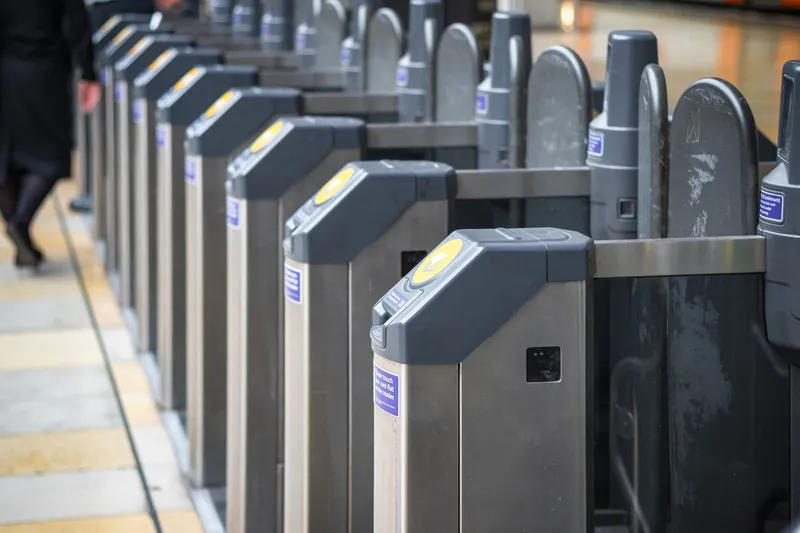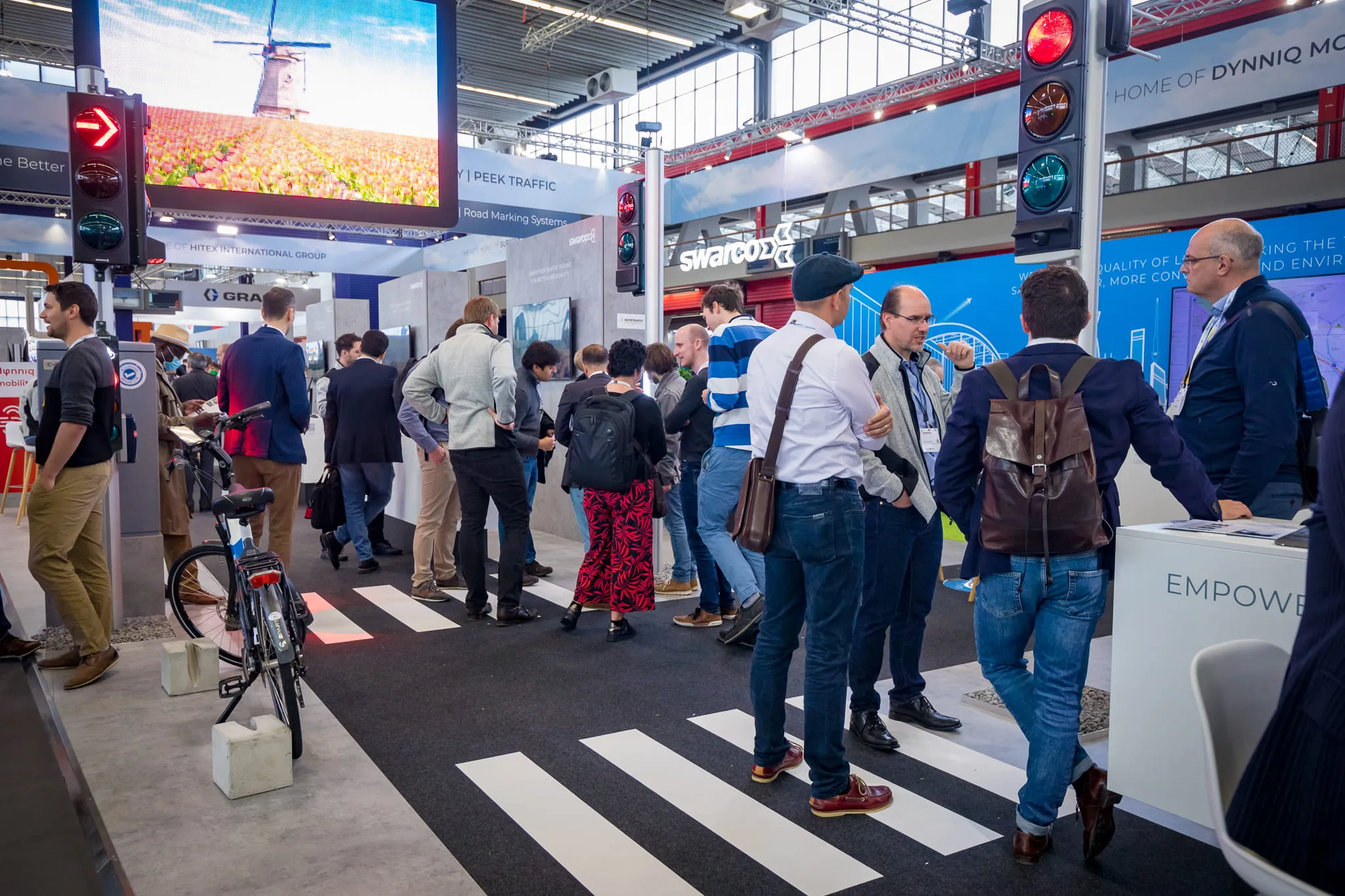
Unicard has achieved Itso 2.1.5 certification, the UK Department for Transport (DfT)’s latest specification for integrated smart ticketing on public transport, including bus and rail.
Unicard said that it is the first smart ticketing and payments supplier to comply with the new specification that digitises transport ticketing.
In March, DfT approved the long-awaited release of the latest Itso specification for integrated smart ticketing on public transport. Unicard then completed 2.1.5 testing of its PSEngine PersoPOST software with Itso and has received confirmation from the standardisation body that all necessary requirements for certification were met.
Itso specification version 2.1.5 introduces features such as media tailored for in-wallet digital ticketing. This reflects Itso’s response to industry trends and government initiatives aimed at digitising transport ticketing, and offering passengers the choice between digital or physical ticket options.
Unicard provides transport management solutions enabling local authorities, regional transport authorities and commercial transport operators to set up and manage their own smart ticketing schemes. Its portfolio of fully hosted and managed solutions support travel scheme expansion from single usage or concession to multimodal and multi-operator configurations across smartcard, barcode and EMV.
The firm is now updating its other products so they are ready for Itso certification for phase 2 of version 2.1.5 and can then be made available for customers.
The approval of version 2.1.5 comes 15 years after the release of the previous version 2.1.4. In June 2024, Itso issued a draft version of 2.1.5 for review by its members – who include Unicard – and the specification was refined based on members’ feedback.
Steve Holden, chief executive of Itso, says: “Unicard has worked hard to bring this development forward. We look forward to working with Unicard and all our supplier members in the coming years to realise 2.1.5 across the UK.”
“Itso solutions have been an integral part of Unicard’s products since we first certified with Itso in 2010,” said Mike Sussman, chief technical officer with Unicard. “We’re delighted to be the first supplier to certify partially for ITSO 2.1.5. This demonstrates our commitment to assuring continued ITSO compliance for all our customers.”
Unicard was founded in 2003 and has two offices in the UK and a technical development team in Bulgaria. Unicard said it processes more than four billion secure transactions annually and supports around eight million travelling passengers around the UK, where customers include Transport for West Midlands, Transport Scotland, Transport for Wales, Transport for London and Rail Delivery Group.
Itso is a non-profit membership organisation assisting standardisation of public transport ticketing in the UK. It was established as a result of discussions between UK passenger transport authorities concerning the lack of standards for interoperable smart card ticketing.
Its objectives are to maintain and develop the Itso specification for transport smart cards and also operate and manage an interoperable smart media environment. It facilitates and supports development of smart ticketing schemes that comply with the Itso specification.










